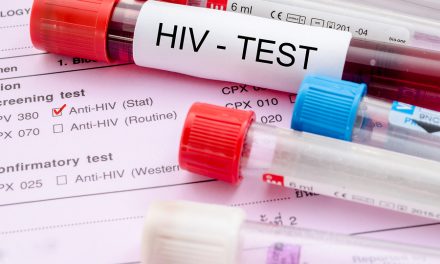According to researchers, there is no safe level of alcohol consumption: A new analysis of hundreds of studies done between 1990 and 2016 “found that one in three people worldwide (2.4 billion people) drink alcohol, and that 6.8 percent of men and 2.2 percent of women die of alcohol-related health problems each year.”1
RELATED STORY:
That means that every year, alcohol helps kill 2.8 million people worldwide. (And according to the authors of the study, published in The Lancet, “Any protection alcohol may provide against heart disease is outweighed by the health problems it causes, particularly cancer.”1)
In 2016, the country with the most drinkers was Denmark at 97 percent of men and 95 percent of women but Romania had the heaviest drinkers. However, the U.S. wasn’t in the 10 top of either the most or the heaviest drinkers.
“Worldwide, alcohol use was the seventh-leading risk factor for early death and disability in 2016. It was the top cause for early death and disability among 15- to 49-year-olds, accounting for one in 10 deaths. In this age group, the main causes of alcohol-related deaths were tuberculosis (1.4 percent), road injuries (1.2 percent) and self-harm (1.1 percent), the findings showed.”1
RELATED STORY:
- Cancer was the leading cause of death in people 50 and older: 27 percent of deaths in women and nearly 19 percent of deaths in men
- People who have one standard drink (10 grams of pure alcohol) a day have a 0.5 percent higher risk of one of 23 alcohol-related health problems than those who don’t drink.
- The risk was 7 percent higher in people who had two drinks a day, and 37 percent higher among people who had five drinks every day.
- The combined health risks associated with alcohol increased with any amount of alcohol.
Robyn Burton of King’s College London, in England said, “The conclusions of the study are clear and unambiguous: alcohol is a colossal global health issue and small reductions in health-related harms at low levels of alcohol intake are outweighed by the increased risk of other health-related harms, including cancer.”1
RELATED STORY:
How do you feel about this study? Do you consume alcohol on a regular basis? Will this information impact your consumption?
SOURCE:











